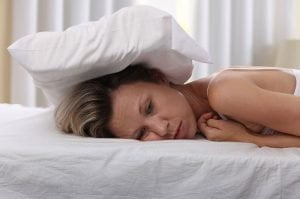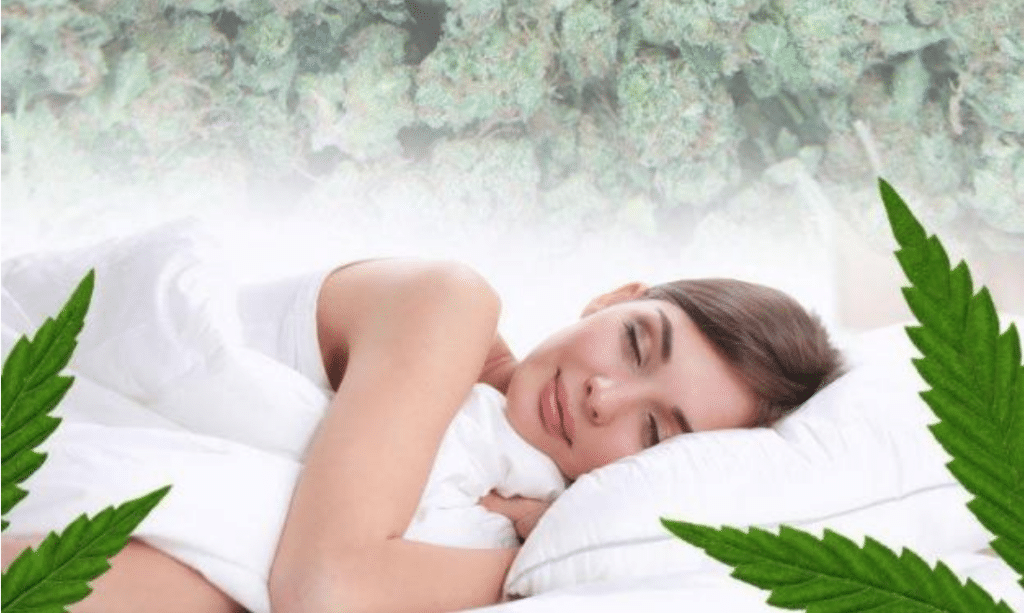Blog
How Cannabis Can Help with Sleep Disorders: What Studies Show
Sleep disorders are a significant public health concern, affecting millions of people worldwide. The impact of these disorders can be devastating, leading to decreased productivity, mood disorders, and even chronic diseases like diabetes and heart disease. Insomnia, sleep apnea, and restless leg syndrome are among the most common sleep disorders, and their prevalence is increasing. While there are several treatment options available, including medication and behavioral therapies, many people continue to struggle with sleep issues. In recent years, researchers have been exploring the potential of cannabis to help alleviate some of these symptoms. The active compounds in cannabis, called cannabinoids, interact with the body’s endocannabinoid system, which plays a role in regulating sleep. Studies have shown that THC, CBD, and CBN, three of the most well-known cannabinoids found in cannabis, may offer potential benefits for sleep disorders. However, there are also potential risks and limitations to consider, and careful consideration of dosing and delivery methods is necessary to ensure the safe and effective use of cannabis for sleep.
Understanding Sleep Disorders


To understand how cannabis can help with sleep disorders, it’s important to first understand what sleep disorders are and how they affect the body. Insomnia, sleep apnea, and restless leg syndrome are among the most common sleep disorders.
- Insomnia: Insomnia is characterized by difficulty falling asleep, staying asleep, or waking up too early. It can be caused by a variety of factors, including stress, anxiety, depression, and chronic pain. Insomnia can lead to daytime fatigue, decreased productivity, and mood disorders.
- Sleep apnea: Sleep apnea is a condition in which a person’s breathing is interrupted during sleep, leading to repeated awakenings throughout the night. It is most commonly caused by obesity or other underlying health conditions and can lead to serious health complications, including high blood pressure, heart disease, and stroke.
- Restless leg: Restless leg syndrome is a condition in which a person experiences an uncomfortable sensation in their legs that is relieved by movement. It can lead to difficulty falling asleep and decreased sleep quality, leading to daytime fatigue and decreased productivity.
Sleep disorders can have a significant impact on overall health, both physical and mental. Chronic sleep deprivation has been linked to an increased risk of chronic diseases like diabetes and heart disease, as well as mood disorders like depression and anxiety. By understanding the different types of sleep disorders and their impact on overall health, we can better understand how cannabis may offer potential benefits for improving sleep quality and overall well-being.
The Role of Cannabinoids
Cannabinoids are the active compounds in cannabis that interact with the body’s endocannabinoid system, which plays a role in regulating sleep. There are over 100 cannabinoids found in the cannabis plant, but THC, CBD, and CBN are among the most well-known and studied for their potential benefits for sleep disorders.
- THC: THC, or tetrahydrocannabinol, is the cannabinoid responsible for the psychoactive effects of cannabis. Studies have shown that THC may have sedative properties, making it potentially useful for improving sleep quality and reducing the time it takes to fall asleep. However, the psychoactive effects of THC can also lead to unwanted side effects, such as daytime fatigue, memory impairment, and impaired driving.
- CBD: CBD, or cannabidiol, is a non-psychoactive cannabinoid that has been shown to have potential therapeutic benefits for a variety of health conditions, including sleep disorders. Studies have suggested that CBD may have anxiolytic and analgesic properties, which could help alleviate symptoms of insomnia and other sleep disorders. CBD may also have antipsychotic effects, which could potentially reduce the risk of developing side effects associated with THC.
- CBN: CBN, or cannabinol, is a minor cannabinoid that is produced when THC oxidizes. CBN is believed to have sedative properties and may be useful for improving sleep quality and reducing the time it takes to fall asleep. However, more research is needed to fully understand the potential benefits of CBN for sleep disorders.
Research on Cannabis and Sleep Disorders


Over the past decade, there has been increasing interest in the potential of cannabis to treat sleep disorders. As a result, several studies have been conducted to investigate the effectiveness of cannabis in improving sleep quality and reducing symptoms of sleep disorders. A review of existing studies published in the Journal of Clinical Sleep Medicine found that while there is limited evidence to support the use of cannabis for sleep disorders, there are some promising findings.
One study published in the Journal of Clinical Psychology found that CBD may be useful for reducing anxiety and improving sleep quality in patients with anxiety disorders. Another study published in Frontiers in Psychiatry found that THC may be useful for reducing the time it takes to fall asleep and improving sleep quality in patients with chronic pain.
However, it’s important to note that these studies have limitations. Many of the studies were conducted on small sample sizes, making it difficult to draw firm conclusions about the effectiveness of cannabis for sleep disorders. Additionally, many of the studies used different dosages and delivery methods, making it challenging to compare results across studies. More research is needed to fully understand the potential benefits and risks of using cannabis for sleep disorders, including the optimal dosages and delivery methods for safe and effective use.
How to Use Cannabis for Sleep


When using cannabis for sleep disorders, it’s important to consider the dosing and delivery method to ensure safe and effective use. Smoking and vaping are two of the most common delivery methods for cannabis, as they offer fast onset of effects and are easy to control the dosage. However, smoking can be harmful to lung health and may cause irritation or inflammation of the respiratory system. Vaping is a safer alternative to smoking, but concerns have been raised about the potential health risks associated with vaping, particularly with the use of unregulated vape cartridges.
Edibles are another popular delivery method for cannabis, as they offer longer-lasting effects and can be easier to dose. However, edibles can take longer to take effect, and it can be difficult to control the dosage, which may lead to unwanted side effects.
Tinctures are another option for using cannabis for sleep disorders. Tinctures are liquid extracts that can be taken orally or sublingually, and they offer a precise dosing method. Tinctures may be a good option for those who want to avoid smoking or vaping and prefer a more controlled method of ingestion.
Regardless of the delivery method chosen, it’s important to start with a low dose and gradually increase the dosage until the desired effect is achieved. It’s also important to speak with a healthcare professional before using cannabis for sleep disorders, particularly if there are any underlying medical conditions or if other medications are being taken.


